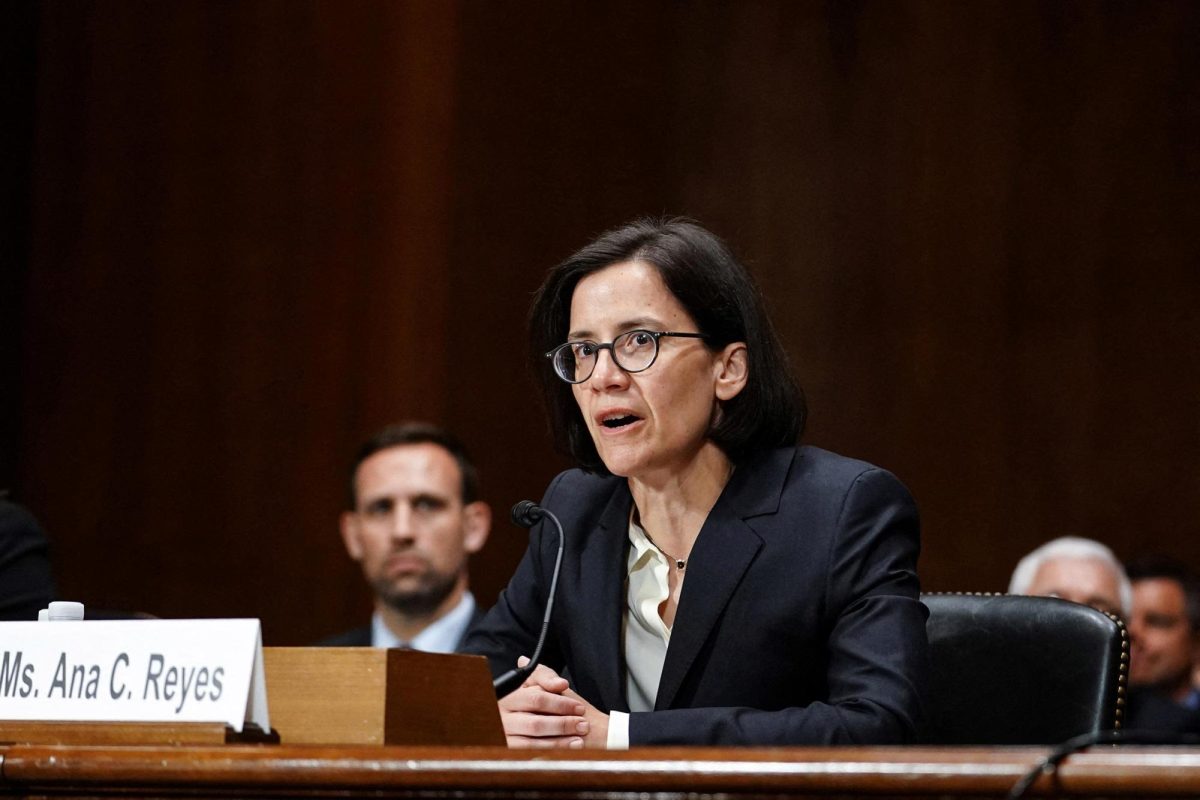(CNN) — A federal judge considering whether to indefinitely block President Donald Trump’s executive order banning transgender service members described it on Tuesday as having “unadulterated animus” toward transgender Americans.
“We’re dealing with unadulterated animus,” US District Judge Ana Reyes said during a hearing Tuesday in a case challenging the ban, which she went on to say is “arguably rampant with animus.”
The remarks from Reyes, an appointee of former President Joe Biden, are key to the case because the challengers are arguing that the divisive language sprinkled throughout the executive order demonstrate that its mandate “stems from ‘negative attitudes,’ ‘fear,’ and ‘irrational prejudice’ rather than legitimate military needs.”
During the hours long hearing, Reyes repeatedly questioned an attorney for the Trump administration about how various provisions of the order relate to its stated goals of ensuring the military’s preparedness, unit cohesion and lethality. But the lawyer struggled at times to respond to those inquires, causing the judge to grow visibly frustrated.
“How does this policy of ending ‘invented’ pronoun use (in the military) … relate to the purpose of military preparedness and unit cohesion?” Reyes asked at one point, borrowing language from the order.
“I don’t have an answer to give, I’m sorry,” Justice Department attorney Jason Lynch replied.
When Lynch conceded that no analysis was conducted in the days between Trump’s inauguration and the issuance of the order on how President Joe Biden’s policy of allowing transgender individuals to serve in the military affected national security the judge said that would factor into her review of it.
The order, she said, “is not based on any analysis whatsoever … and that for sure is going to have to go into my animus analysis.”
But the case doesn’t turn solely on whether the order is rife with animus. At a later point during the hearing, the judge told an attorney for the plaintiffs — several trans service members and two trans individuals hoping to join the military — that much of her arguments against the ban have “paid lip service to the deference I owe to the military.”
The Trump administration is arguing that courts generally give significant deference to the Executive Branch’s decision-making on who to allow into the military.
Earlier Tuesday, Lynch also dodged questions about the text of the order and its meaning, including its references to “ideology” and whether it actually called for a ban on trans service members.
“The plain language of executive order actually says that being transgender is a gender identity and calls it an ideology,” Reyes said at one point. “Is being transgender an ideology?”
“I don’t know the relevant definition of ideology in that sense,” Lynch replied.
“You’re the government’s legal representative, right?” the judge said as she tried to get the attorney to reply to some of her questions. “I mean, I have no one else to ask, right?” “You’re the person I have to ask.”
Lynch repeatedly disputed that Trump’s order is a ban on transgender service members — something the plaintiffs in the case have argued and that the judge appears to believe as well.
“If we had President Trump here right now and asked him if this was a transgender ban what would he say?” Reyes asked.
“I have no idea, your honor,” Lynch responded.
“I do, because he calls it a transgender ban,” Reyes responded.
Arguments over the constitutionality of the ban are set to continue Wednesday and an additional hearing in the case has been scheduled for early next month.


